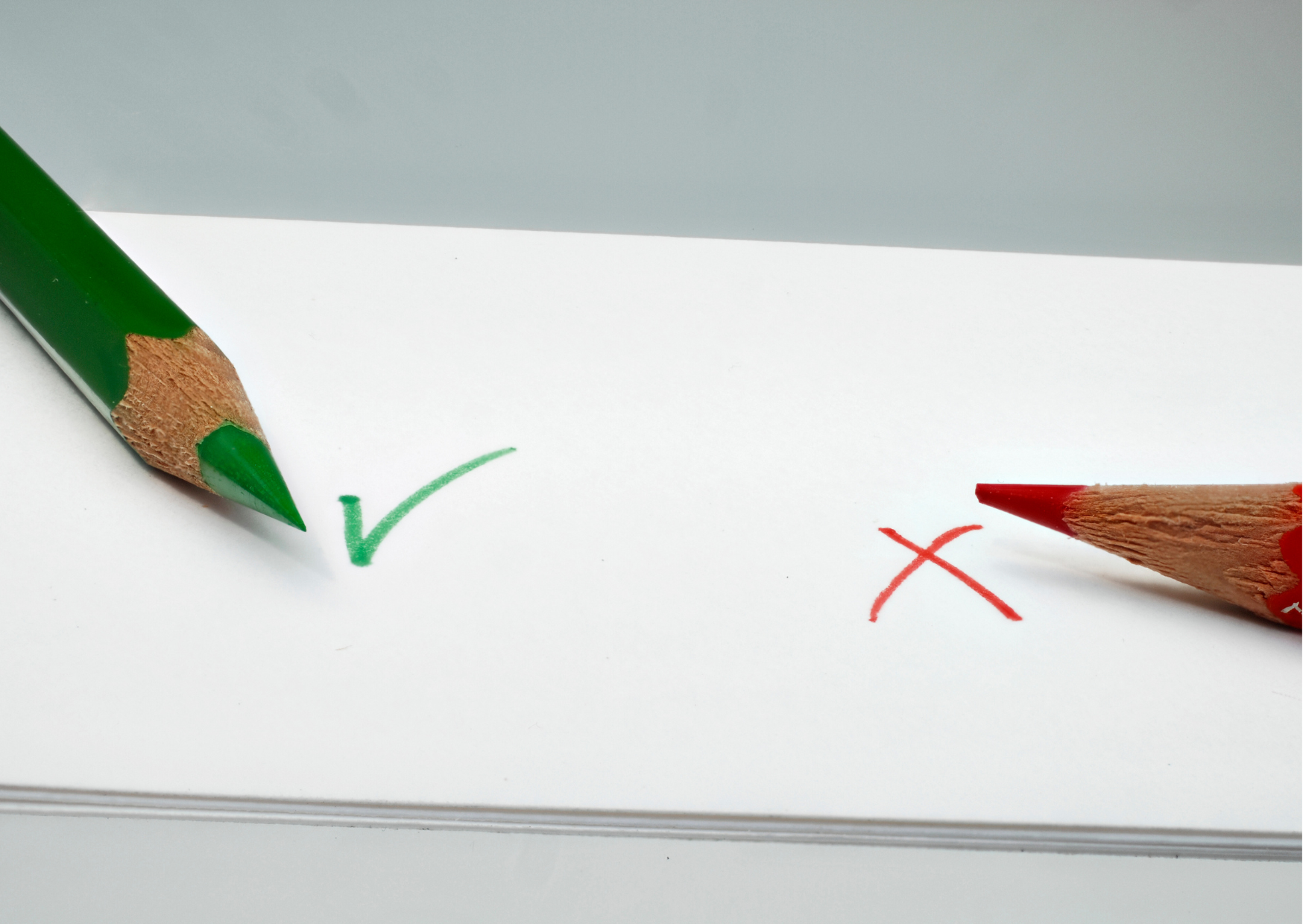What’s the difference? Yay means yes, and nay means no.
You could use yay on its own to express approval or joy, but you would not usually do the same for nay. Using nay to say no is archaic and not commonly used anymore. In casual speech, yay can be used by itself as an expression of excitement, but when used in yay or nay, it means an affirmative response.

Saying the expression backward, as nay or yay, would also be extremely unusual and unnatural to a native English speaker. Why? Yay or nay is an irreversible binomial. That means you can express it in a certain sequence but not in the reverse order. Yes or no is also an irreversible binomial. It would feel strange for a native speaker to say no or yes. Irreversible binomials are idioms that contain words that are used together in a fixed sequence. Other examples of irreversible binomials would include black and white, sweet and sour, and rock and roll.
Let us take a look at how to use yay or nay in a situational example.
Manager (to her team): We’re thinking of having Frank’s Pizza for our company dinner tonight. What do you guys say? Yay or nay?
Employee: Yay!
You do not have to answer yay or nay with either yay or nay. It is actually more common to simply respond with something like:
Employee: That sounds good.
Or
Employee: I’m not the biggest fan of Frank’s Pizza to be frank.
Well, you don’t have to add in a pun at the end like we did here, but the idea is that it is more common to answer the question naturally rather than responding with yay or nay.
Origin
The original and older form of yay or nay is yea or nay, with yea meaning an affirmative response while nay a negative one. Yea or nay is used in voting in some government and formal corporate settings. Note that yea is not to be confused with the more recent yeah, which is a casual way of saying yes. In recent times, however, yay is the more commonly used than yea in yay or nay.
Let us take a look at the origin of yea or nay.
- Yea, the older way of saying "yes", is derived from the Old English gēa, which means "yes."
- Nay comes from Old Norse nei, which means “no” or “not ever.”
The more recent yea or nay itself is gradually become less commonly used.
More examples
Here are some more examples of how to use yea or nay in context.
Is this dress yay or nay?
They do not have the authority to say yay or nay to any important decisions.
Our boss had us vote yay or nay on getting a new coffee machine for the office.
Yay or nay on this white Christmas tree?
What do you think of my new laptop? Yay or nay?
Mom has the power to yay or nay any of Dad’s suggestions.













